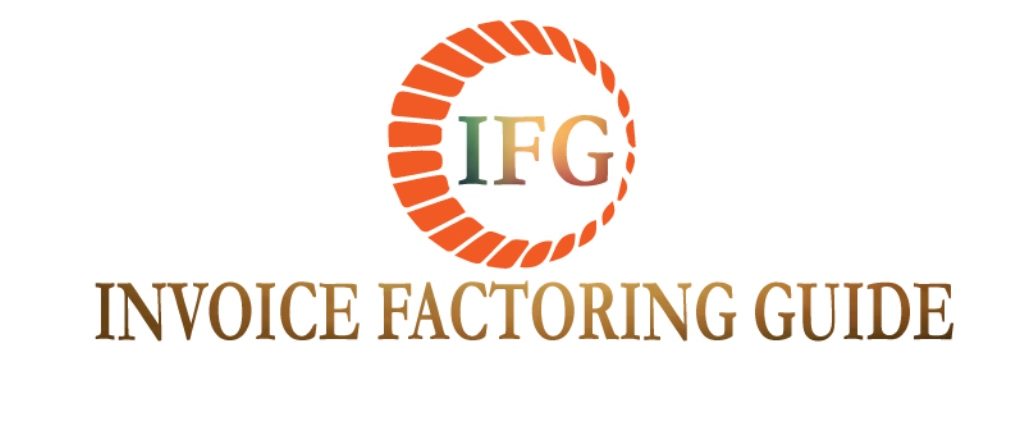Invoice Factoring Companies for Manufacturers
Manufacturers are well aware of the cash flow problems that can arise in their particular industry. Subsectors include the apparel, packaging, chemical and energy (oil and gas, shale, solar) segments.
Successful manufacturers, and those that supply them, have learned to deal with customers that are late paying their invoices for services rendered. Some customers sometimes take up to 60 days to make payment, if at all. Manufacturing factoring may be the answer.
This shortfall of cash flow could delay an expansion plan for your business (i.e. bigger office space or a new warehouse). The situation could delay the purchase of inventory or raw materials for another job. It could mean missing out on enjoying supplier discounts. So you can see how quick access to cash can improve a business’ bottom line and improve profit margins.
Two manufacturing industries that should see changes in the coming years are the automobile and printing industries. These two industries are certainly no stranger to late-paying customers.
Manufacturing Factoring Under Trump
The surprise presidential victory by Donald Trump left the country wondering what’s on the economic horizon. One industry that should certainly benefit is American manufacturing, especially if proposed trade policies (including tariffs) are enacted. One of the clear goals of the campaign was to bring jobs back to America. This message was heard loud and clear in many of the Rust Belt states including Michigan, Wisconsin and Pennsylvania, giving Trump the electoral victory.
There is a strong probability that American manufacturing will become a priority again, just as it was half a century ago. Automobile manufacturers and auto part companies should see increased activity as a result of proposed tariffs with Mexico, a major auto manufacturer. This should flow through the supply chain, creating revenue opportunities for domestic auto suppliers and contractors.
But one thing we know is that auto industry can be cyclical and these companies can get into financial trouble (just think of General Motors). When push comes to shove, they will tighten their belts any way they can. Increasing their day’s payable outstanding will surely be a tactic.
Don’t let their strategies shut down your ability to operate by stifling cash flow with late payments-consider factoring invoices as soon as they’re sent for immediate, up front advances to meet payroll, make a strategic investment or buy raw materials. The opportunities created by the increased manufacturing activity may require adequate cash flow to realize optimum profitability.
Late paying customers can use a number of excuses, none of which matter to your business. The good news is, as long as your business customers (known as account debtors) have decent business credit, you should be able to receive cash for the unpaid invoices from a factoring company.
If your business doesn’t have the best credit or has a limited operating history, that should not be a problem for funding. In factoring, you are selling your invoices or accounts receivable to a third party factoring company.
This means that invoice factoring is actually an asset sale, not a loan. And assuming non recourse factoring, the invoice factoring companies are now responsible for the collections duties, not to mention credit monitoring, letting you get back to running your business. The invoice factoring company (often referred to simply as ‘factor’) will be collecting from the account debtors now, so it’s their credit that factors are concerned with, not yours.
Invoice Factoring for Printing Businesses
Despite the general thinking that the internet would crush the printing industry as the need for paper dwindles, the data doesn’t bear that out. While traditional printing may have challenges, the industry has survived by evolving.
We see an emphasis on higher margin, value-added products such as specialty paper stock, including waterproof paper and carbonless laser printer paper. They can be used for sales receipts, proposals, medical forms, purchase orders and invoices. These are innovative, yet environmentally friendly options that can boost demand for your business.
Further, the traditional printing business has been turned on its head with the adoption of the three-dimension or ‘3-D’ printing. This advancement allows tangible, everyday items to be replicated. This advancement is a huge opportunity for major manufacturing and industrial companies such as General Electric and Honeywell.
While GE has been using the technology for decades (fuel nozzles and compressor blades, etc.), GE wants to have a majority of its manufacturing done by 3D printing technology in the future. So this ‘trend’ that is not likely to stop.
Big corporate customers are emphasizing cost savings and in a push to be more efficient and are engaging in on demand printing and other scaled down printing projects. And many smaller printing businesses have popped up all over the United States. They are nimble but many have a limited operating history, and can expect limited small business funding options. They might consider accounts receivable factoring to maintain positive cash flow, the lifeblood of any small business.
